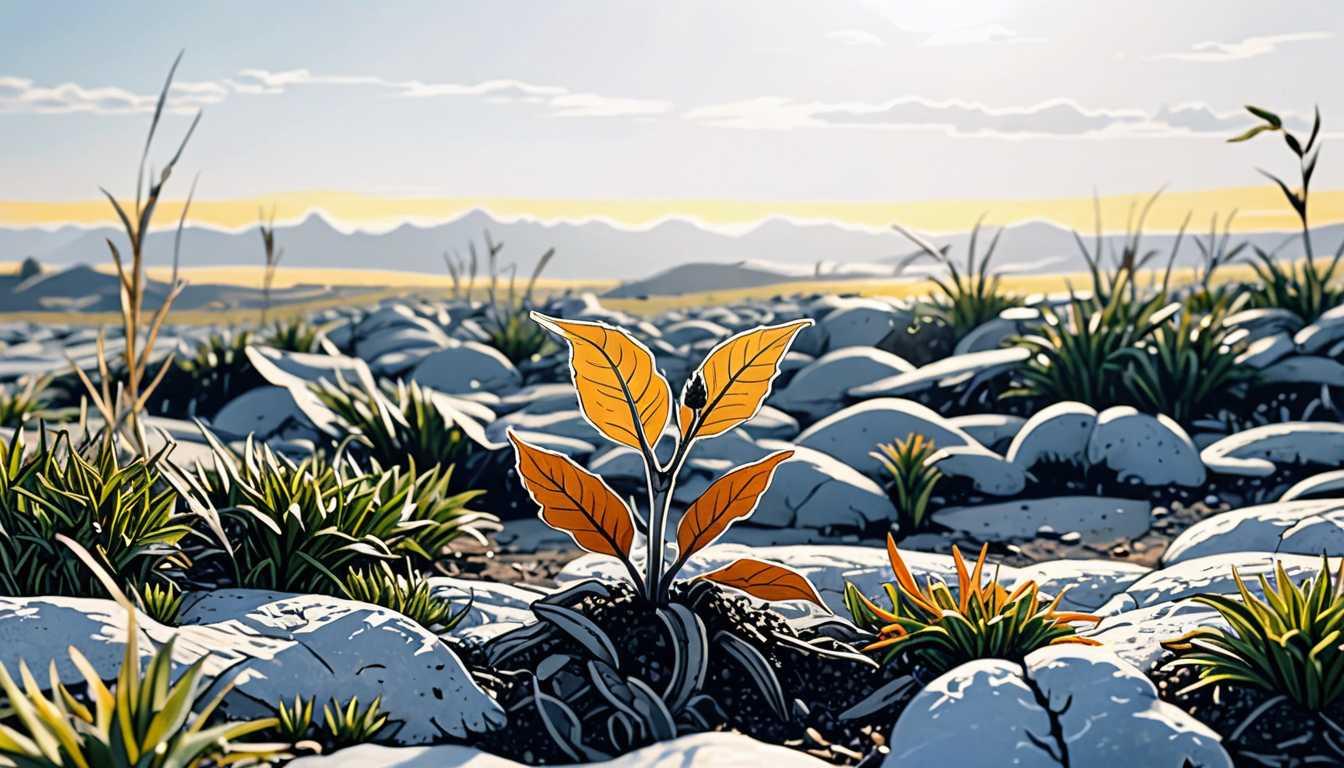Wheat Wonders: Solving Global Food Challenges
June 2024
University of Bristol
Introduction
Hey there, future scientists! Did you know that a recent discovery about wheat could be the key to feeding our growing global population sustainably? Dive into the article from CellImage to uncover how this hidden genetic treasure could revolutionize our food systems. Get ready for some cool insights that might just make you the next big thing in agriculture!
READ FULL ARTICLEWhy It Matters
Discover how this topic shapes your world and future
Unlocking the Secrets of Ancient Wheat
Wheat is one of the most important crops in the world, feeding billions of people every day. But did you know that most of the wheat we grow today only uses a tiny fraction of the genetic diversity available? In an exciting new study, researchers discovered that 60% of the genetic potential in historic wheat varieties has gone untapped! This is a big deal because it means there’s a treasure trove of traits just waiting to be used to make our wheat stronger, healthier, and more sustainable. With climate change and a growing global population, finding ways to improve wheat could help ensure that everyone has enough food in the future. Imagine being part of the solution that feeds the world!
Speak like a Scholar
Genetic Diversity
The variety of genes within a species, which can help that species adapt and survive changes in its environment.
Phenotyping
The process of measuring and observing the physical traits of plants, like height, color, and disease resistance, to understand their characteristics.
Breeding
The science of selecting plants with desirable traits to create new varieties that have those traits.
Genomics
The study of an organism's complete set of DNA, which helps scientists understand how genes influence traits and behaviors.
Sustainability
Meeting our current needs without compromising the ability of future generations to meet theirs, especially when it comes to resources like food and water.
Haplotype
A group of genes that are inherited together from a single parent, which can help researchers track genetic traits in breeding.
Independent Research Ideas
Exploring the Role of Genetic Diversity in Crop Resilience
Investigate how different genetic traits can help crops survive climate change and pests, and what this means for food security.
The Impact of Ancient Farming Practices on Modern Crop Breeding
Study how historical farming methods can influence today’s agricultural practices and crop improvement strategies.
A Comparative Analysis of Landrace Varieties vs. Modern Wheat
Examine the differences in traits and yields between traditional landraces and modern varieties to see what we can learn for the future.
The Economics of Sustainable Agriculture
Research the financial benefits of using genetically diverse crops that require fewer fertilizers and pesticides, and how this can impact farmers' profits.
Technological Innovations in Plant Breeding
Explore how new technologies, like genomics and bioinformatics, are changing the way we breed plants and what this means for agriculture going forward.
Related Articles

Farming Innovations for a Changing Climate
November 2024
MIT News

When Grapes Go Sour: The Wine Woe
May 2024
Cornell News Highlights

“Bacteria: The Future of Food Production!”
October 2024
MIT Technology Review

Milk Without Cows: The Future of Dairy
June 2024
MIT Technology Review

Buckwheat: Future Super Crop Unveiled
September 2023
Phys Org